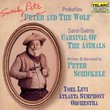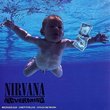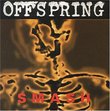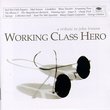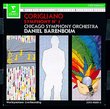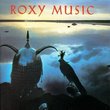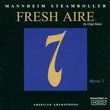| All Artists: Johann Nepomuk Hummel, Jan Ladislaus Dussek, Georges Onslow, Nepomuk Piano Quintet Title: Hummel/Dussek/Onlsow: Piano Quintets Members Wishing: 0 Total Copies: 0 Label: Brilliant Classics Original Release Date: 1/1/2007 Re-Release Date: 6/26/2007 Genre: Classical Styles: Chamber Music, Historical Periods, Classical (c.1770-1830) Number of Discs: 1 SwapaCD Credits: 1 UPC: 842977032031 |
Search - Johann Nepomuk Hummel, Jan Ladislaus Dussek, Georges Onslow :: Hummel/Dussek/Onlsow: Piano Quintets
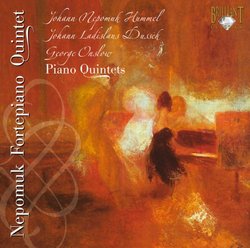 | Johann Nepomuk Hummel, Jan Ladislaus Dussek, Georges Onslow Hummel/Dussek/Onlsow: Piano Quintets Genre: Classical
|
Larger Image |
CD DetailsSimilarly Requested CDs
|
CD ReviewsCOMPANIONS TO THE TROUT DAVID BRYSON | Glossop Derbyshire England | 09/17/2007 (5 out of 5 stars) "It had never even occurred to me, I must say, to wonder whether Schubert's Trout Quintet was alone in being scored for piano, violin, viola, cello and double-bass. This combination was seemingly more popular at the time than I would have expected, because here are three other such works, all from roughly the same period. None of these has any suggestion of a divertimento about it as Schubert's has with its 5 movements. Dussek's has only three movements, Hummel's is described as having four, but the slow `movement' is so brief as to constitute not much more than an introduction to the finale. Onslow's is not in origin a chamber work at all but his arrangement of one of his symphonies, and it quite consciously retains the sense of an orchestral work, such as Liszt had claimed also for his arrangements of Beethoven's symphonies for piano.
Hummel's is probably not his best, nor the best offered here. It strikes me as far from being equal to his piano sonatas or even equal to, say, the trumpet concerto or the string quartets. It's pleasant enough, but I like the other two a good deal better - both lightweight I suppose but very attractive and listenable. Onslow in particular treats us to some unusual `wind' effects in his last movement. In case you were, like myself, wondering where the august aristocratic name of Onslow (with no accompanying Cranley mentioned in this instance) fitted into the history of music in the era of Beethoven, it turns out that he was born and spent most of his life in France. His childhood introduction to music was not intended to make a professional out of him, nor were his lessons from Dussek and Cramer much more than a glorified finishing-school. His Damascene revelation that he was destined for music came, it seems, from encountering the operas of Mehul at the age of 22. The Nepomuk Fortepiano Quintet was formed at the instigation of the Dutch bass-player Pieter Smithuysen together with the fortepianist referred to twice in this production as Fuduka and another twice as Fukuda. She is a fine player and artist whatever she may be called, producing a bright and attractive tone from the three different instruments she plays here, and sprightly and accomplished in her fingerwork. The instruments used by her associates are all of some antiquity, and their sound in combination is often very striking. In particular Smithuysen knows how to keep the tone of his mighty instrument under control in this chamber environment. Technical accomplishment is total, tempi seem appropriate to me, and the sense of style has the confidence and certainty that one would hope for. The alternatively-named fortepianist provides a very pleasant liner-note essay, less schematic and formulaic than usual and all the more readable for that reason. Another welcome feature is brief resumes of all the five artists. The recorded quality (2006 vintage) is admirable, and all that remains for me to do is to thank Kersjes, whoever they may be, for their generosity on making such a welcome and enterprising production as this available to us the public. I hope we have the gratitude to support the venture." |

 Track Listings (11) - Disc #1
Track Listings (11) - Disc #1


